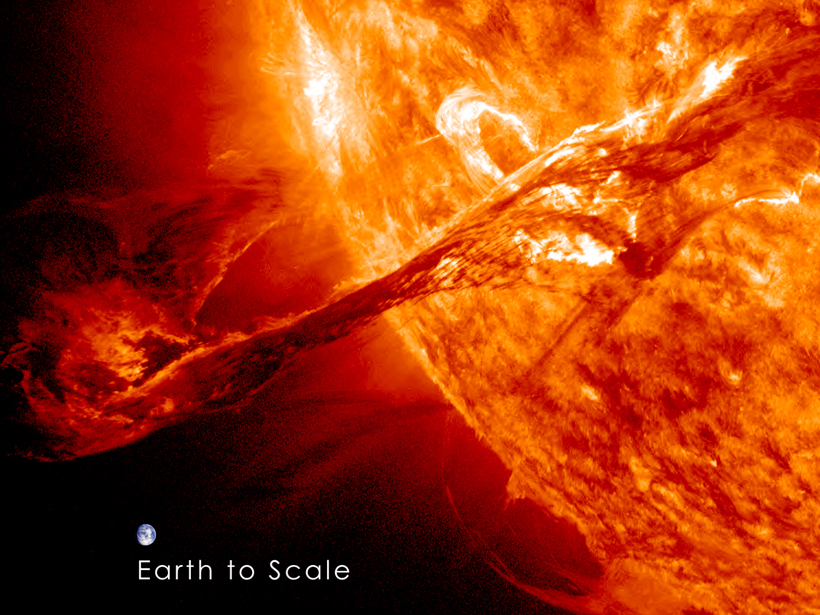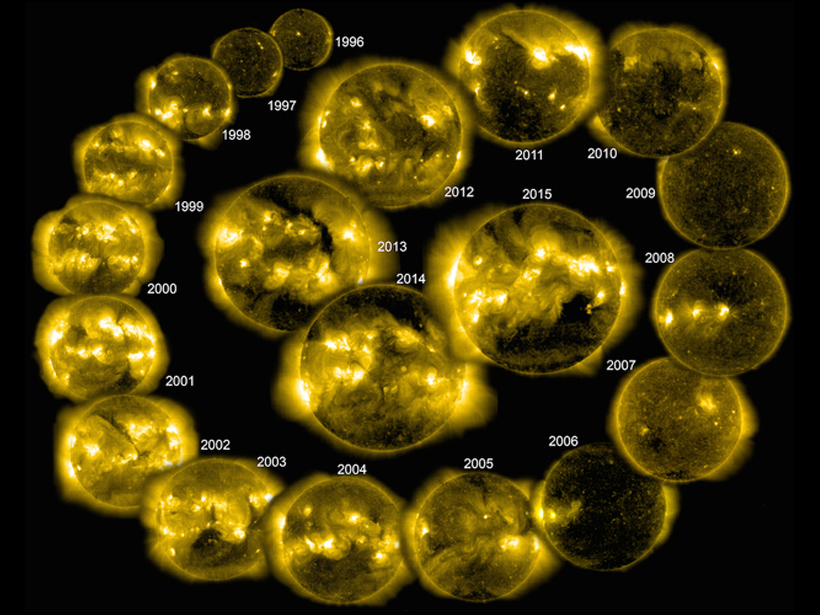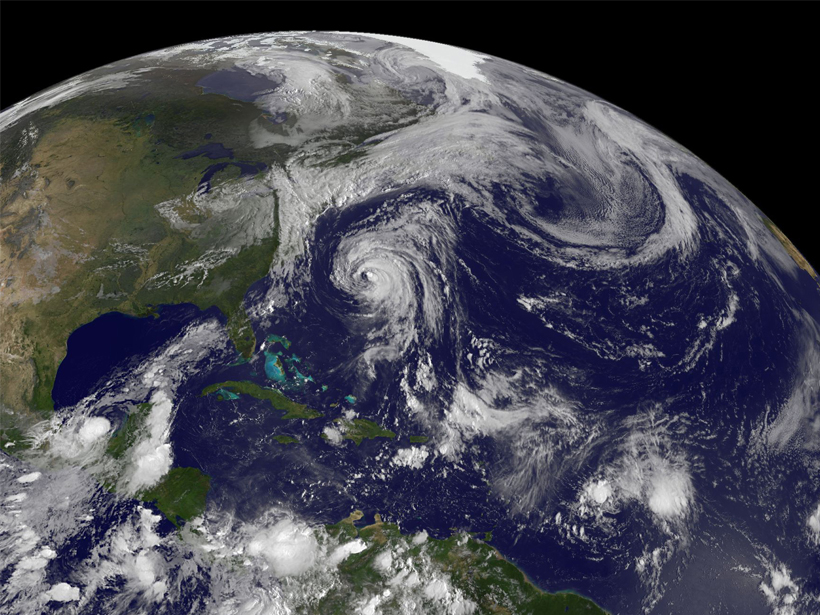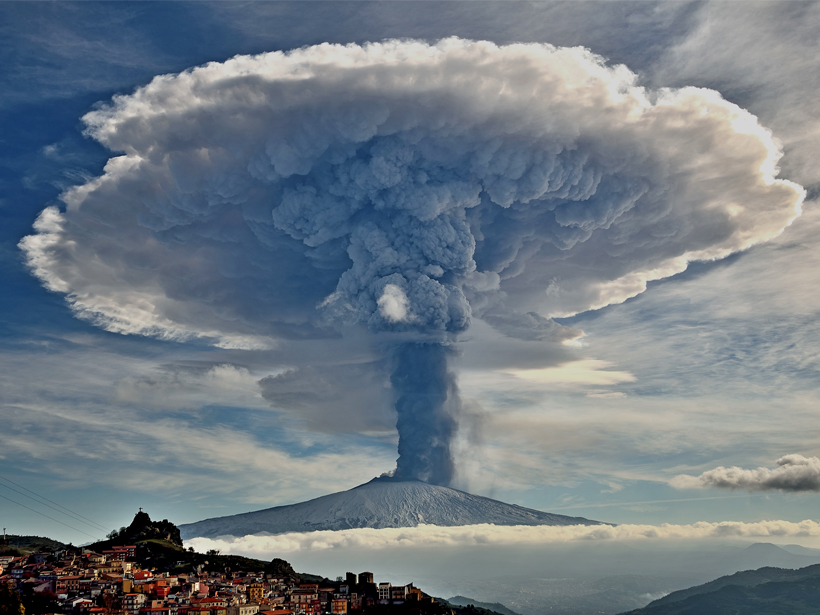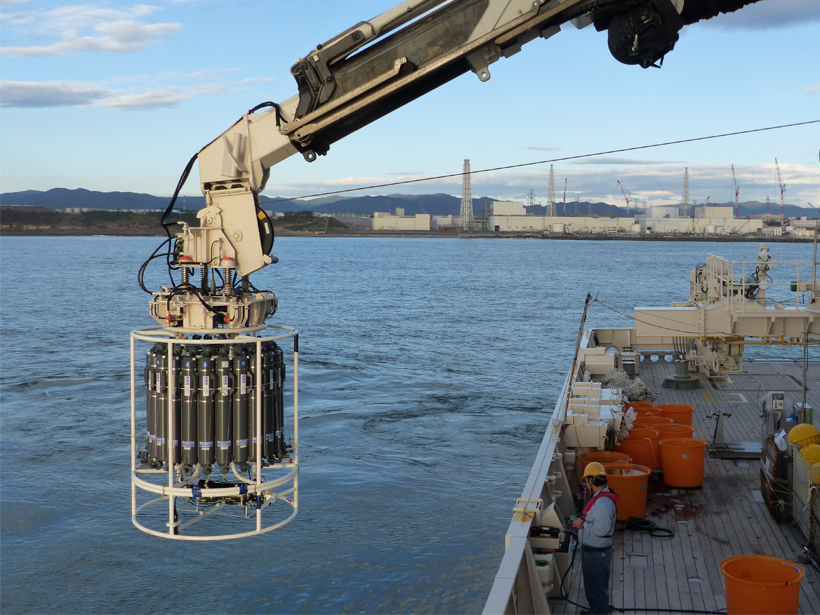Researchers have been searching for precursory warning signals for decades with little success.
Hazards & Disasters
Predicting the Risks and Occurrence of Extratropical Cyclones
5th Workshop on European Storms: Impacts and Predictability; Bern, Switzerland, 31 August to 2 September 2015
Dirty Water: Unintended Consequence of Climate Resiliency
Scientists testing the quality of floodwater in a Florida city find potentially harmful bacteria.
New Solar Wind Model Could Improve Space Weather Forecasts
Real-world data drive a simulation that successfully predicts Sun structures and interplanetary solar wind dynamics.
Sun's Magnetic Fields Best at Forecasting Solar Cycle Peaks
Models based on the Sun's polar magnetic fields performed best in simulating the solar cycle and predicting solar behavior.
Fewer Tropical Cyclones Form After Volcanic Eruptions
Volcanic eruptions aren't all bad—in some cases, they can lower the frequency of tropical cyclones in the North Atlantic by emitting sulfate aerosols.
Can We Predict How Volcanic Ash Disperses After an Eruption?
Researchers investigate what factors influence how particles from a plume spread following a volcanic eruption.
Tracking Radioactive Cesium Released During Fukushima Disaster
Scientists probe the Pacific to determine how far the damage from one of the largest nuclear meltdowns in history extends.
White House Showcases Earthquake Alerts, Federal Quake Readiness
A prototype ShakeAlert early warning system approaches alert-ready status as the administration issues an executive order on federal earthquake standards.
Solar Storms Are More Predictable Than Hurricanes
An encouraging new study finds that solar storms don't propagate chaotically like hurricanes—their arrivals are more predictable, which should make it easier for our planet to prepare for them.



